Become a citizen of your place.
A Cohort-Based Course Focusing on Sustainability in the Arid West
Dates: 3rd weekend of every month, April through September. We meet Friday evening through late Sunday afternoon. In May, we’ll meet Memorial Day weekend. Each month between sessions, we’ll have one 90-minute zoom meeting to check in and discuss readings and practices. Jump to detailed schedule.
Ages: 18+. Groups typically have a wide age range.
Cohort Size: 8-12 students.
Camping & Food: Participants will car-camp in a car-accessible group campsite in a different location each month, bringing their own tent. We’ll cook a community dinner on Saturday evening, and a simple breakfasts on Saturday and Sunday will be provided. Participants bring food for other meals through the weekend. Participants assist our camp cook to prepare food.
Tuition: Starting from $975. Until February 15th, you can reserve your space with a $500 deposit. Jump to sliding scale. Groundwork uses a sliding scale to determine tuition. More about our sliding scale here.
More Logistics Information: Logistics packet for 2024 will be available by December 31, 2023.
Register Now or Reserve Your Space
Program Overview
One weekend a month, join a cohort of like-minded peers to explore the complexities of relationships with land, food, water, and ecology in the arid West. Build a sense of belonging, stewardship, and integration with the landscapes, plants, and rivers of Colorado.
To the untrained eye, Colorado’s landscape appears as a picture-perfect backdrop to sunny weekend adventures. Unseen layers overlay the entire landscape of Colorado though: massive environmental changes from a shift to European ideas of land management, water projects diverting rivers through tunnels under the mountains, complex legal structures governing land and water use and distribution, and histories of land theft and displacement.
Sifting down through the layers of history, ecology, policy, and different cultures’ relationships with Colorado, Rooted in the Rockies is a 6-month exploration of what it means to become a well-informed, grounded citizen of the natural world here in Colorado. Each month, we meet Friday evening through Sunday afternoon to camp together and explore a different topic through guest speakers, reading & discussion, hands-on activities. Between meetings, you’ll have assignments to investigate and explore the month’s topic in your own home part of the state, mapping out the unseen layers and how they impact the ground you walk on during your day-to-day life. By the end of our six months together, the goal isn’t to have all the answers, but to be on the path to deeper inquiry into the question: how can we promote a deeper, more meaningful relationship with this place and work towards ways of life that might be sustainable in an uncertain future?
This 6-month journey is for anybody seeking to connect more deeply to the land they live on, to confront head-on the challenges and realities of life in an arid and changing climate, and to help create a more livable future for the next generation.
Program Highlights
- Connect deeply with the lands, waters, ecologies, and histories of Colorado.
- Understand the political and cultural layers that are causing the Colorado River to run dry before reaching the ocean, and explore solutions.
- Between monthly meetings, read the writings of leading thinkers in the areas of water & land management, sustainable & regenerative culture, and bioregional-based economies and ways of life.
- Learn practices of place-making and fitting into place to see Colorado as more than a pretty backdrop, but as a home to belong to.
- Explore together the emotions that arise in a culture disconnected from land and place.
- Study ethnobotany and ethnohistory: how colonization shifted Western landscapes and people’s relationships with them today.
- Between monthly meetings, have space to apply your learnings to your home piece of Colorado.
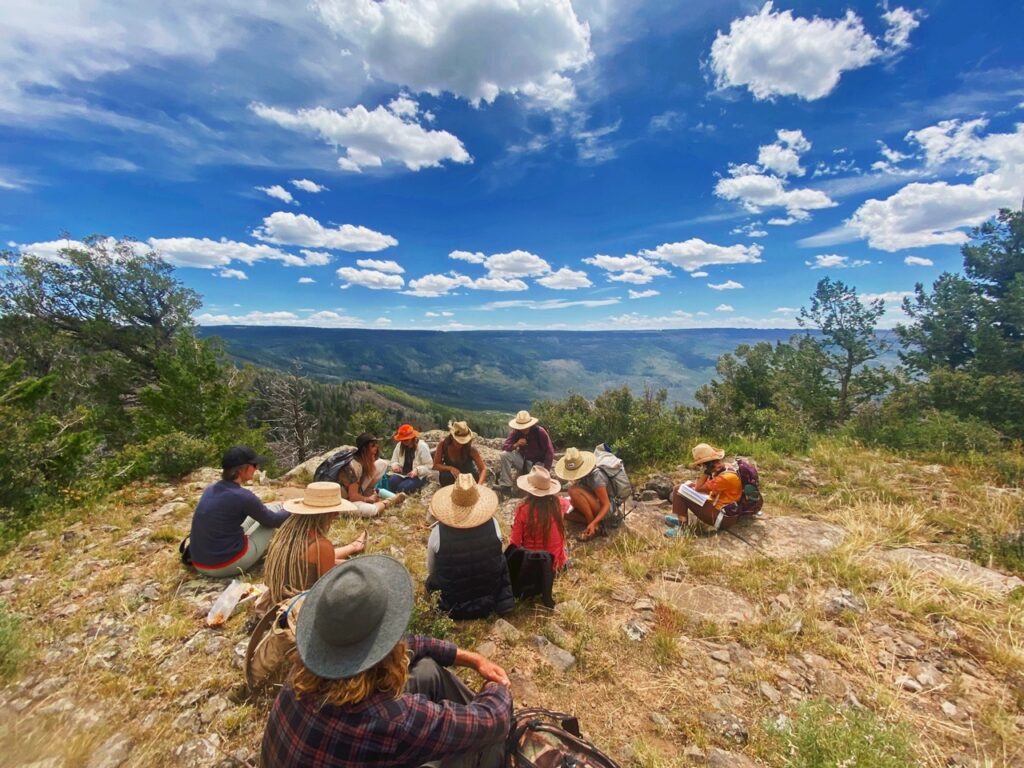
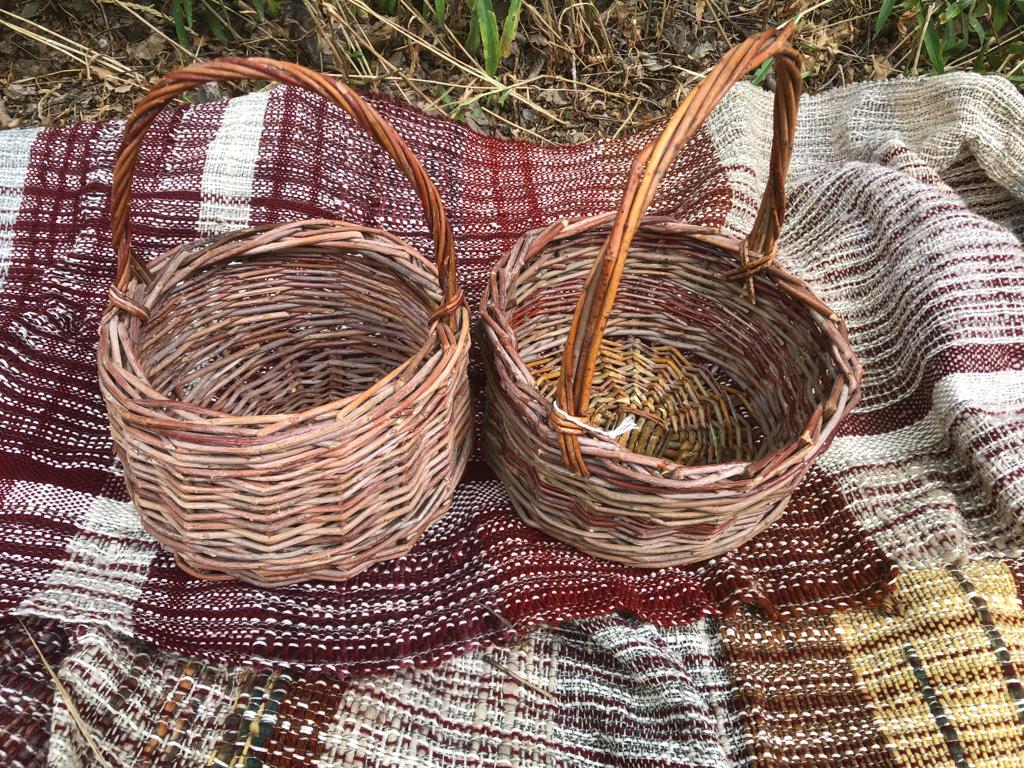

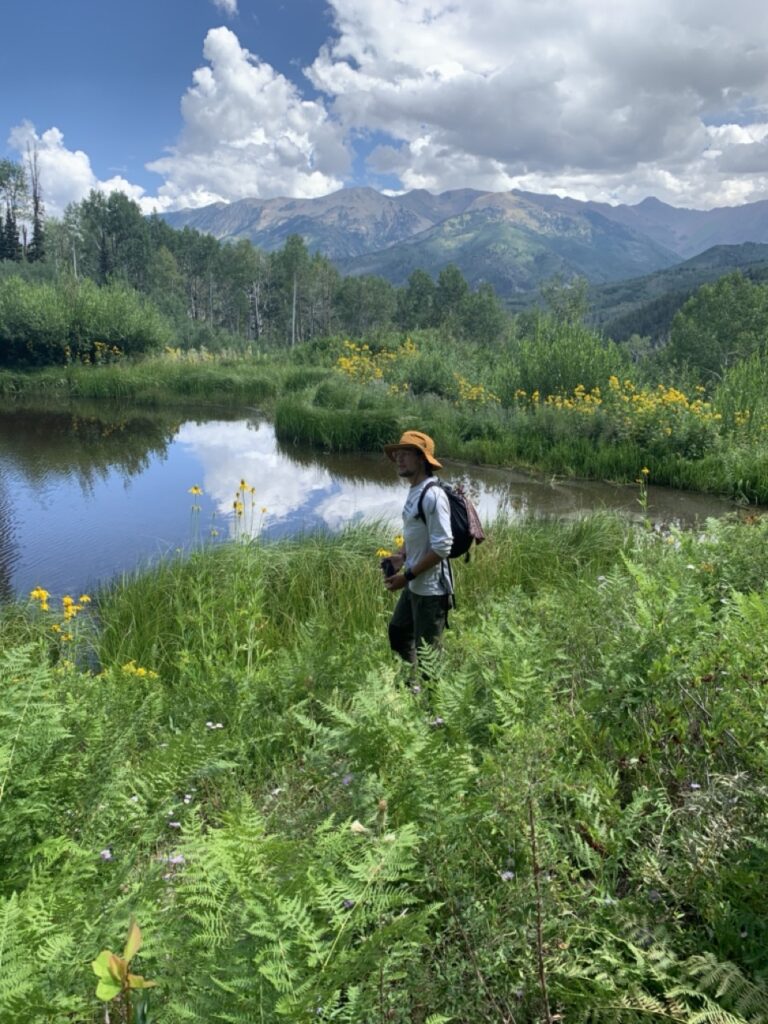
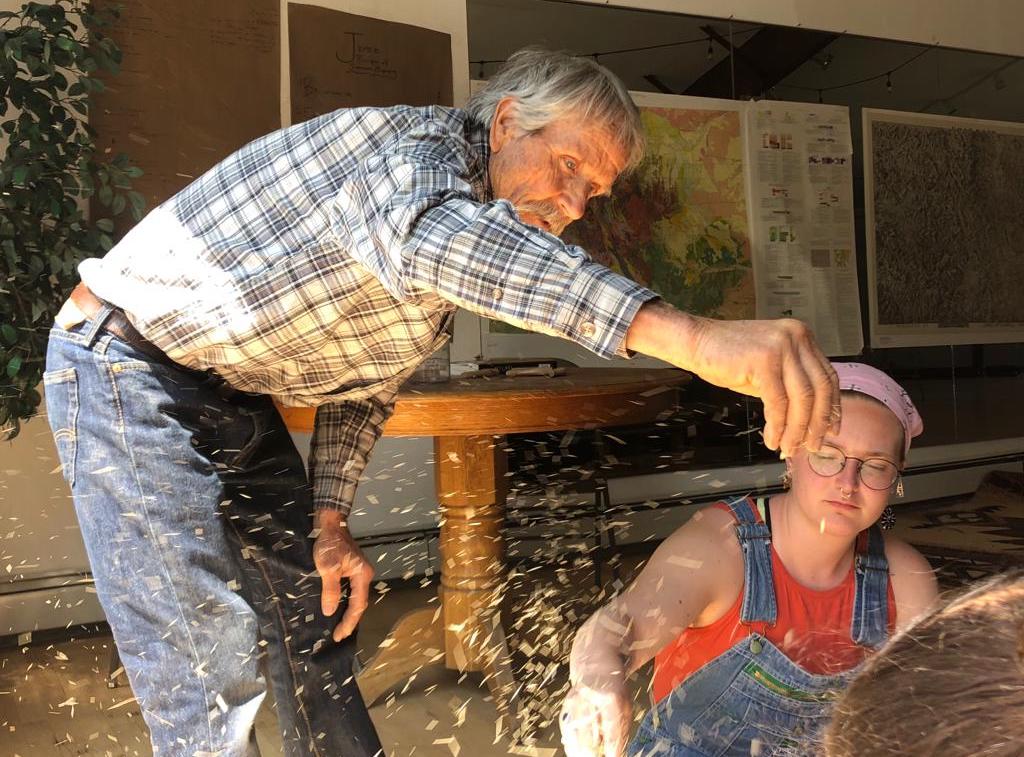
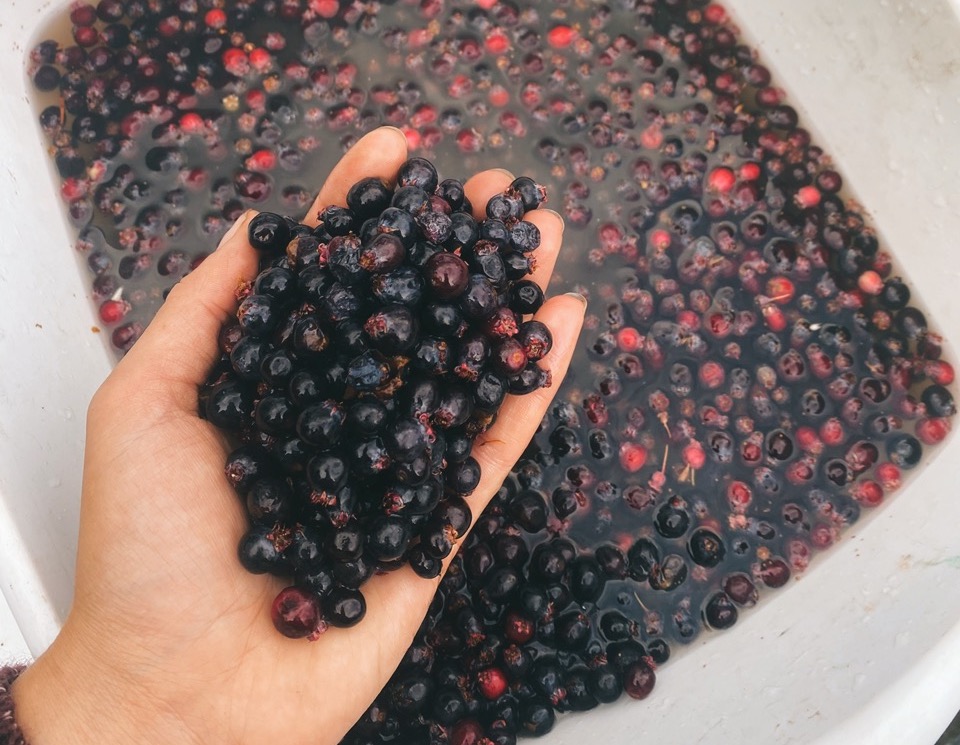
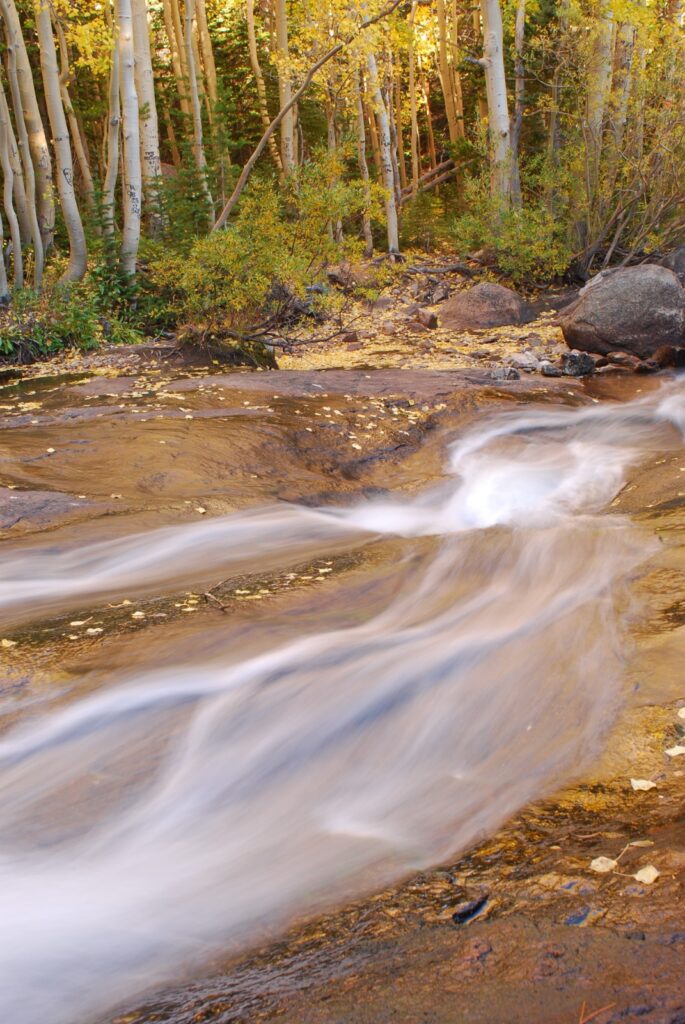
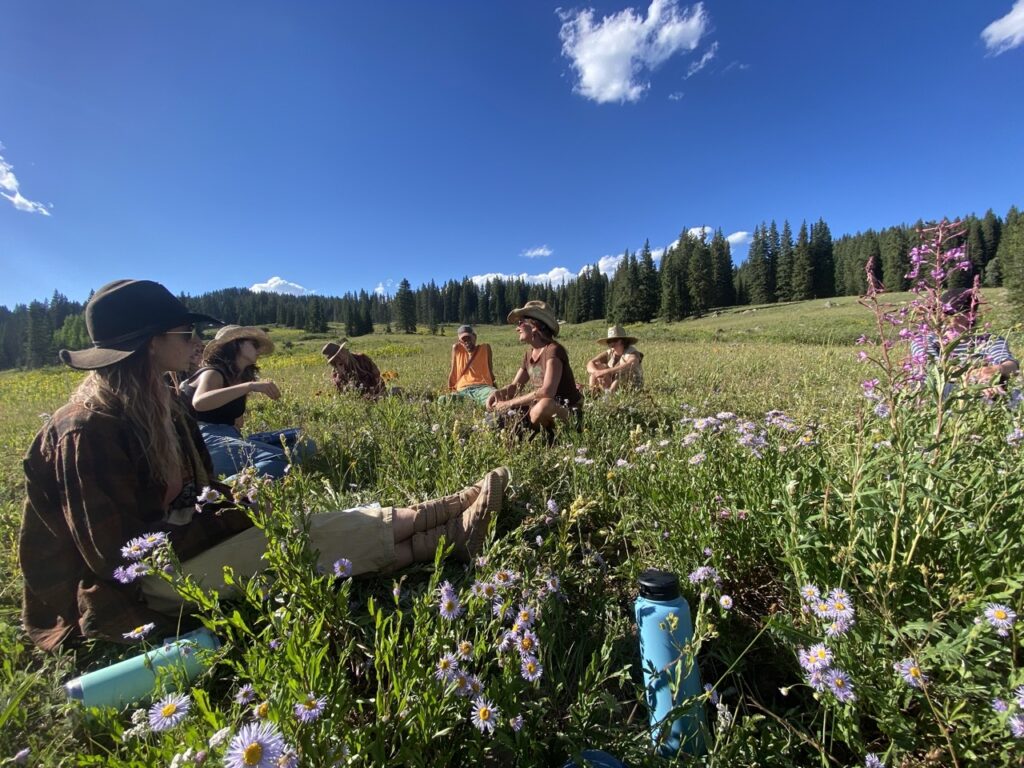
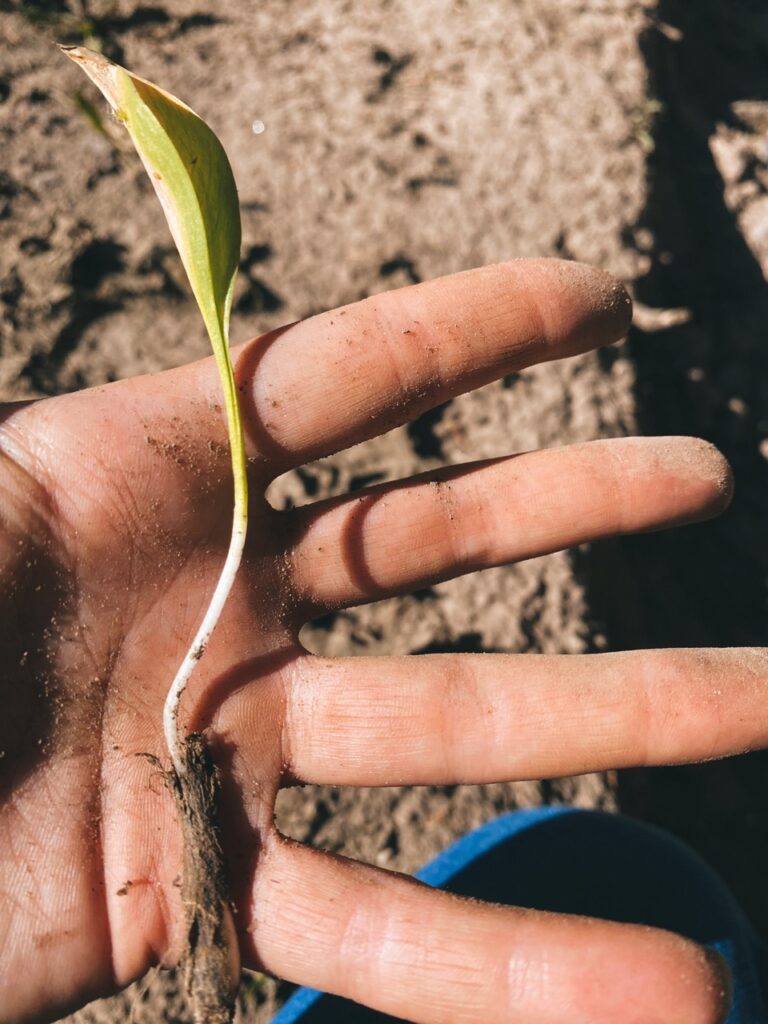
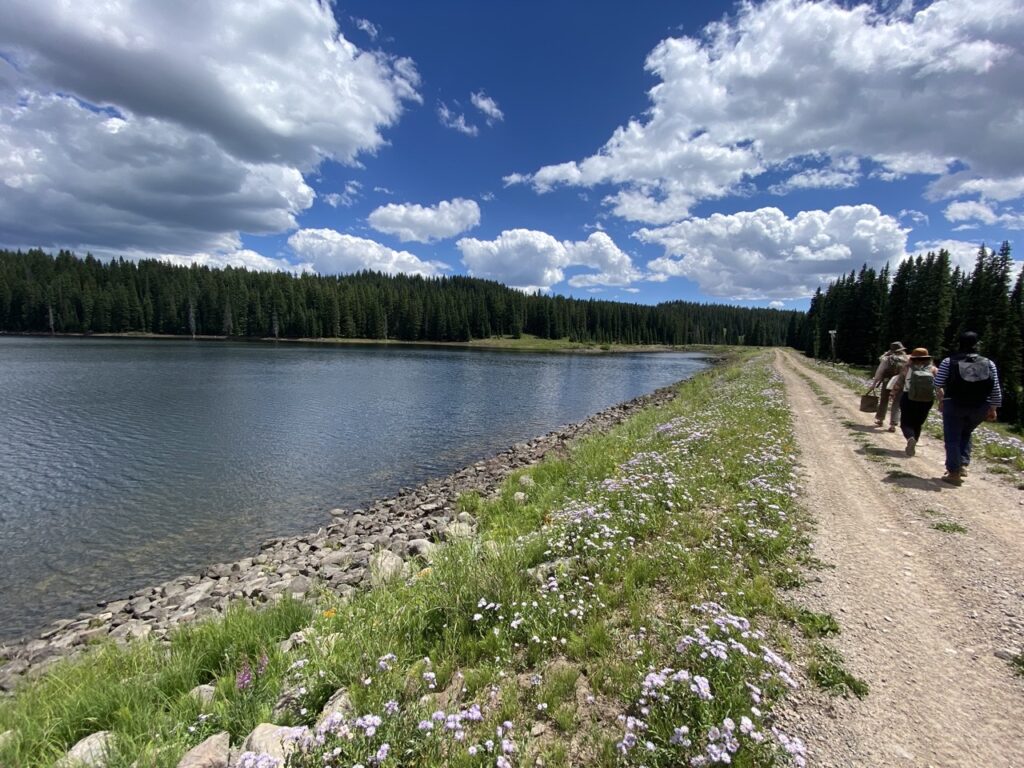
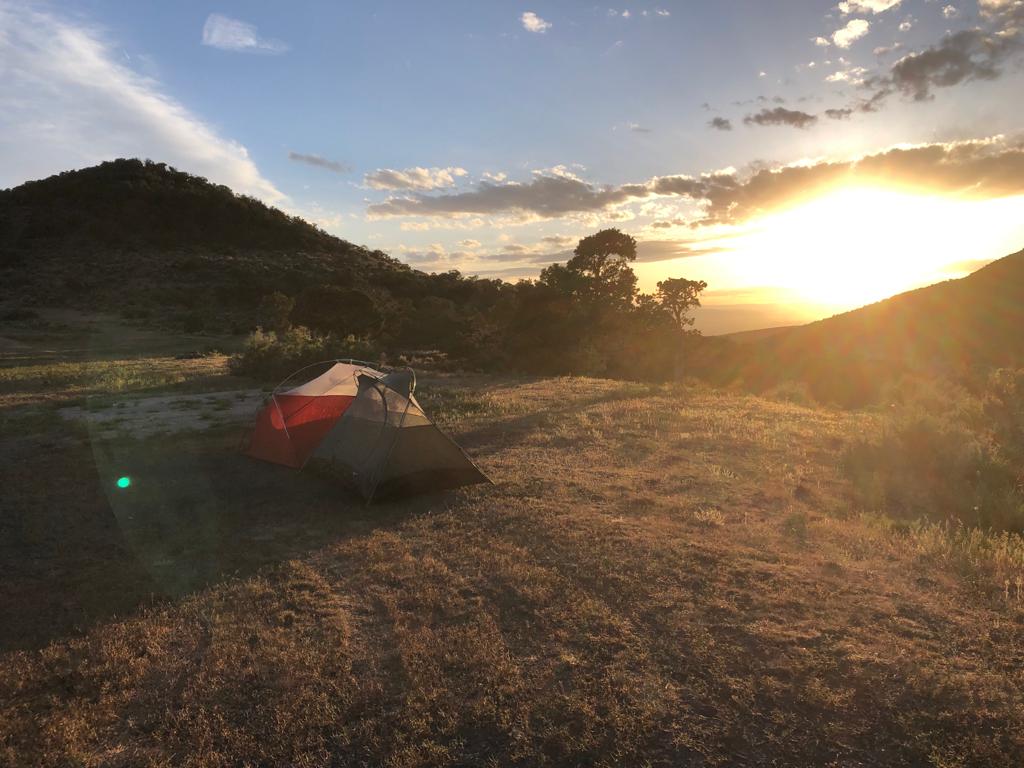
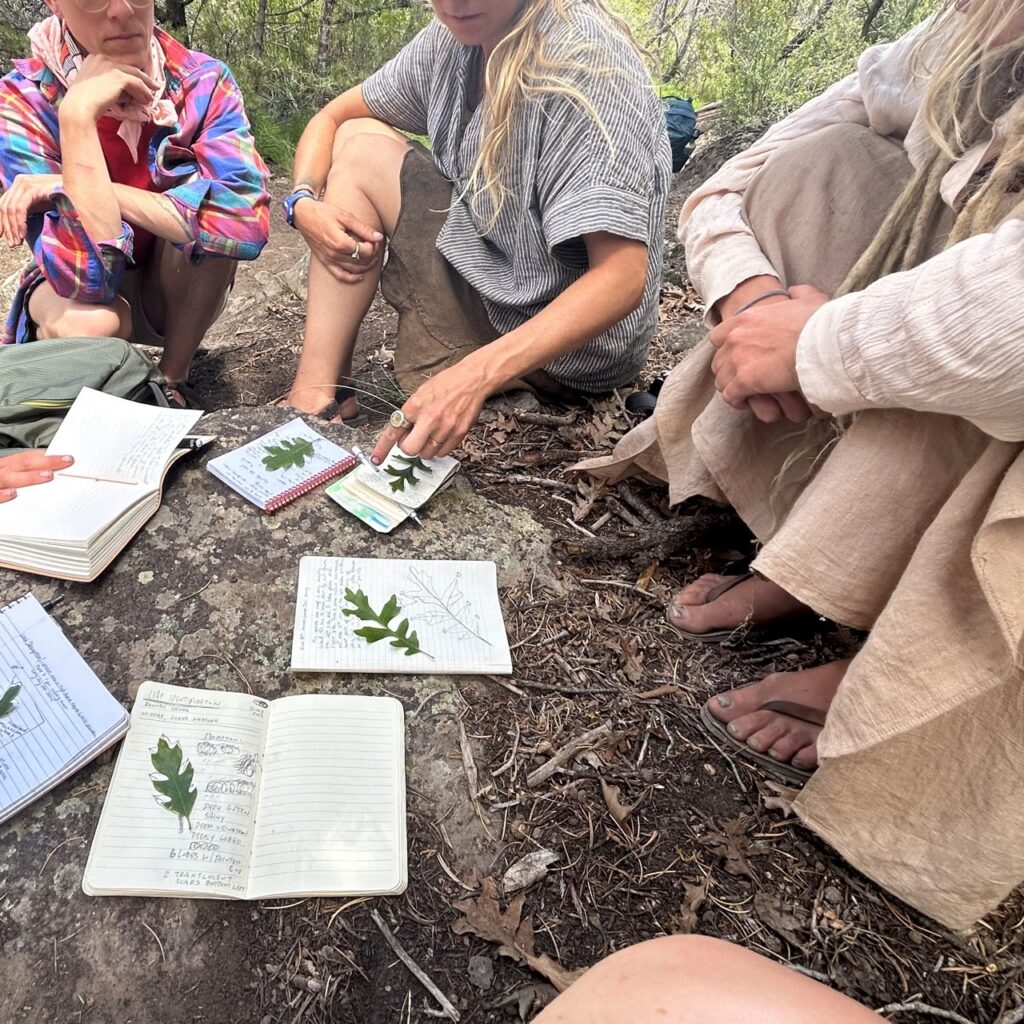
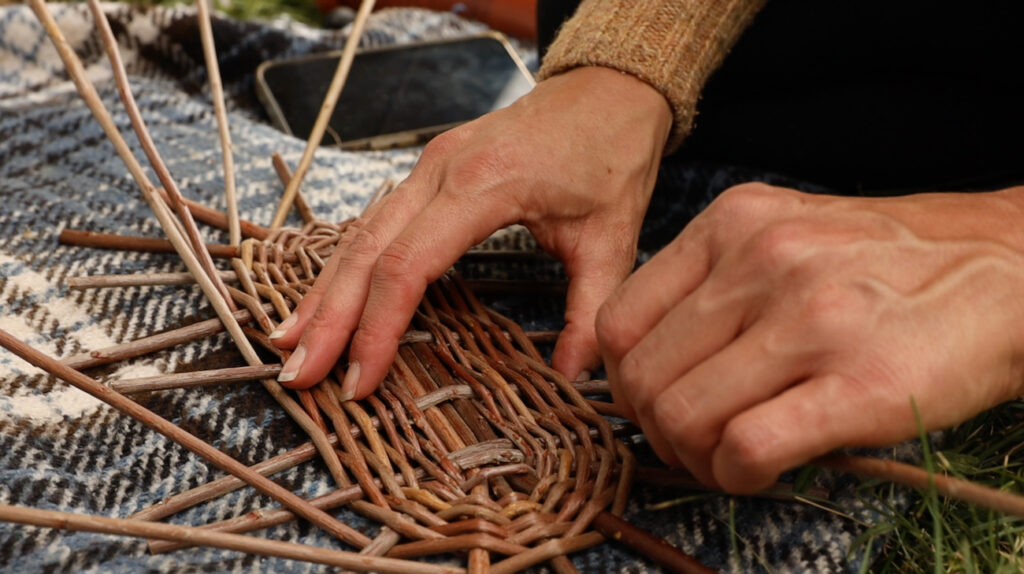
Course Tuition
Household Income:
Program Tuition:
Register Now or Reserve Your Space
Monthly Meeting Schedule:
The cohort arrives Friday afternoon into evening, and we’ll have an introduction session that evening. Saturday night and , and we’ll finish up Sunday by 3pm for people to drive home. This schedule is designed to have all camp locations be a 4-hour drive or less from people’s homes in Boulder, Denver, Grand Junction, and the I-70 corridor.
| Dates | Location | Focus | Details |
|---|---|---|---|
| April 19-21, 2024 | Boulder, Colorado | Urban Colorado: Constructing an artificial world | Ecology, history, and the politics of water & land in the Front Range. |
| May 24-26, 2024 | Grand Lake, Glenwood Canyon, & the Grand Valley | The Dying Colorado River | The Colorado River provides water to the entire state of Colorado, and it’s in big trouble. Through trans-basin diversions, every watershed in Colorado receives water from the river, and it runs dry before reaching the ocean. Too many straws are tapping into the river while climate change is lowering water levels. We’ll dive into the complex landscape of water policy, urban/rural use debates, and the realities facing Colorado in the coming decade. |
| June 14-16, 2024 | Near Bailey, CO | Culture & Place: Land-Based Craft and Placemaking Practices | Everywhere in the non-industrialized world, sustainability is seen as a product of our connection to place. The industrialized world doesn’t see things the same way. We’ll discuss and compare theories of sustainability from the industrialized and non-industrialized world while spending a weekend exploring land-based craft, weaving willow baskets, working with locally-sourced clays, and spinning wool. When Gandhi wanted a decolonized India, he turned to the spinning wheel. We’ll explore modern connections with the Colorado landscape and the West in general, visioning different future scenarios for the West. |
| July 19-21, 2024 | Near Carbondale, CO | Public Lands & Land Management | In the West, a large portion of land is managed by the federal government, and people are tremendously divided over how those lands and private lands should be managed. We’ll focus our readings this week on theories of the commons, and talk with land managers about the struggles of managing land today with so many competing uses and demands. |
| August 17-18, 2023 | Grand Mesa National Forest, near Grand Junction, CO | Ecology, Ethnobotany, and Visions of Wilderness | The modern conception of wilderness is largely based on the false dichotomy of humans and nature: wilderness is presented as a space outside of human influence, with the biblical idea that humans taint what we touch expressed in wilderness policy. We’ll explore complex relationships between people and land, looking at what active stewardship might look like in Colorado. Ecology topics will include: High elevation plant study, critical ethnobotany, wild-tending for ecological and cultural health, wild edible and medicinal plant identification. |
| September 20-22, 2024 | Paonia, CO | Food & Agriculture in a Changing West | Camp on Groundwork’s educational farm for a final weekend with the cohort, picking fruit and exploring local food systems and visions for viable, localized food economies in our arid state. We’ll learn about heirloom seeds and seed preservation, how water rights affect farming, climate change and agriculture, and explore recipes for a seasonal diet in Colorado. |
Register Now or Reserve Your Space
Meet The Instructors
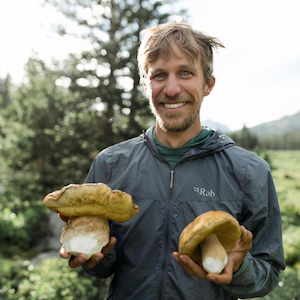
Jeff Wagner
After a university education didn’t provide sufficient answers, Jeff began seeking answers to the big questions that weren’t answered by academia: how we might reimagine U.S. society in the age of climate change, and what it means to be a responsible human in an unraveling world. For over a decade, Jeff sought answers outside the mainstream: living at wolf sanctuary in the Colorado mountains, leading NOLS expeditions across North America, and facilitating cross-cultural semesters in the Andes, the Amazon, the Himalaya, and the great Mekong River Basin. Jeff’s biggest focus has been teaching to the cultural roots of environmental issues, and helping students both experience and examine different ways of life that can be applied as cultural activism at home in North America. As a person dedicated to questioning the mindsets stemming from settler-colonialism, Jeff finds inspiration in the communities working to maintain and strengthen relationships with the natural world and with the sources of food, water, clothing, shelter, and meaning. Jeff likes walking slowly, weaving fabric and baskets, and growing beautiful varieties of heirloom seeds. Jeff founded Groundwork to help people pursue the goal of becoming ancestors that their descendants will be proud to tell stories about. Jeff is a certified Wilderness First Responder.